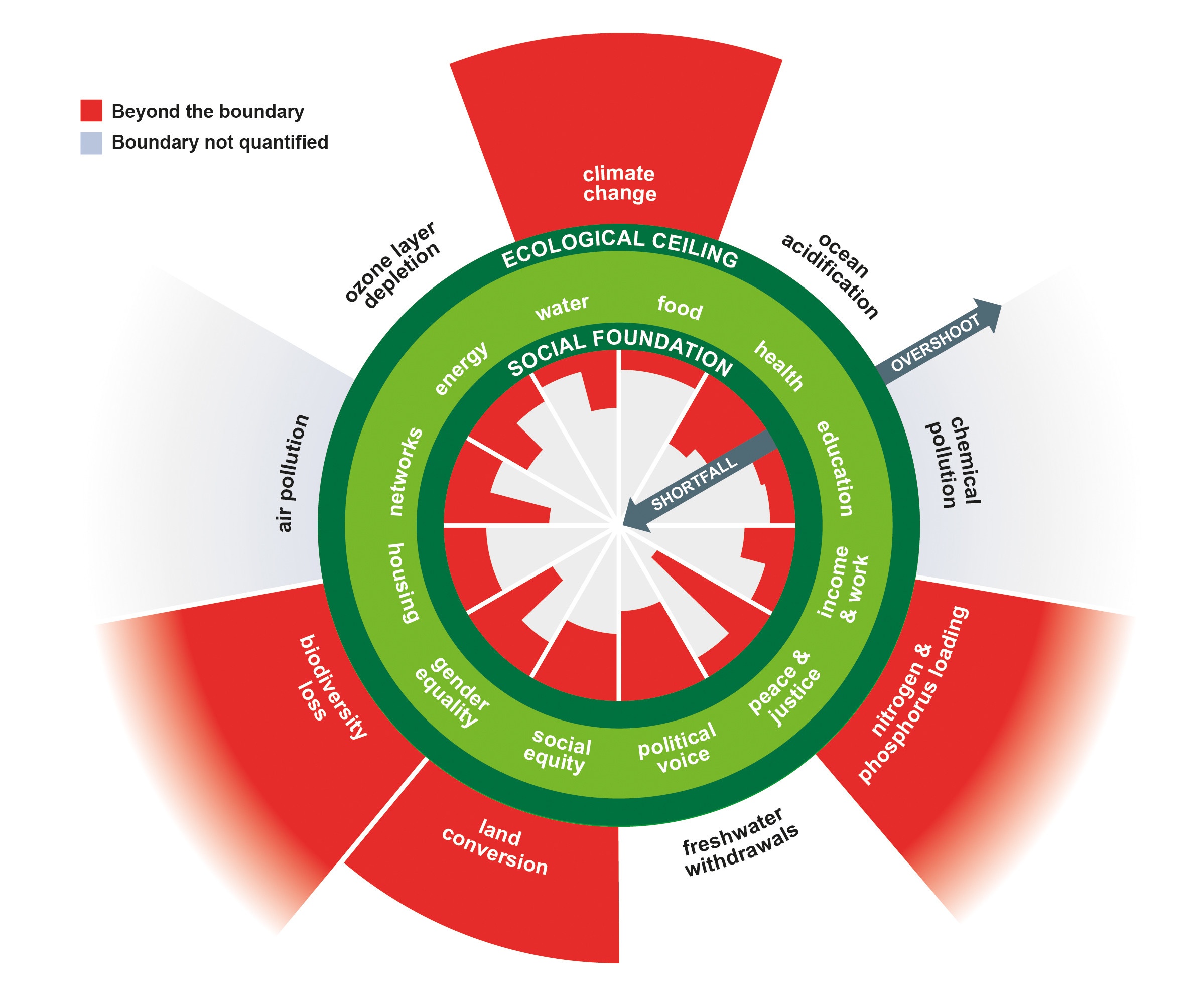WISE ActSEA is committed to providing compensation in line with our vision, mission, and values, while remaining in compliance with applicable laws and regulations. This policy aims to set out the principles and approaches by which the organisation will determine the salaries of paid staff.
...
Principles
The salaries of WISE ActSEA staff should reflect the following principles.
...
| Localtab Group | |||||||||||||||||||||||||||||||||||||
|---|---|---|---|---|---|---|---|---|---|---|---|---|---|---|---|---|---|---|---|---|---|---|---|---|---|---|---|---|---|---|---|---|---|---|---|---|---|
|
...
- Each staff member will put together a monthly budget comprising a full list of ongoing expenses, including their own health and well-being needs, what they need to support their loved ones and family, and community causes that they wish to support. Savings and taxes should be included.
- Based on their individual financial circumstances, they will identify which expenses that WISE ActSEA must cover, and which expenses that WISE ActSEA should try their best to cover depending on WISE’s ActSEA’s financial situation. This will help WISE ActSEA determine how much to fundraise.
- In addition to the monthly budget, each member will identify one-off expenses that they would like to spend in the coming year.
- The staff will come together to discuss each other’s budgets, and come to an agreement on: (a) how much salary each staff must and should receive; (b) how much allowance should be set aside over the coming year on one-off expenses. The agreement should take into account WISE’s ActSEA’s financial health.
- The proposed salaries and allowances will be submitted to the Core Team and Board for approval.
...
- Staff do not have to complete full details of medical expenses if they do not want to. Other team members will not question the validity of these expenses.
- Staff will be allowed a percentage of discretionary spending to use on anything they want. This will be a percentage proposed by the staff depending on WISE’s ActSEA’s financial situation.
